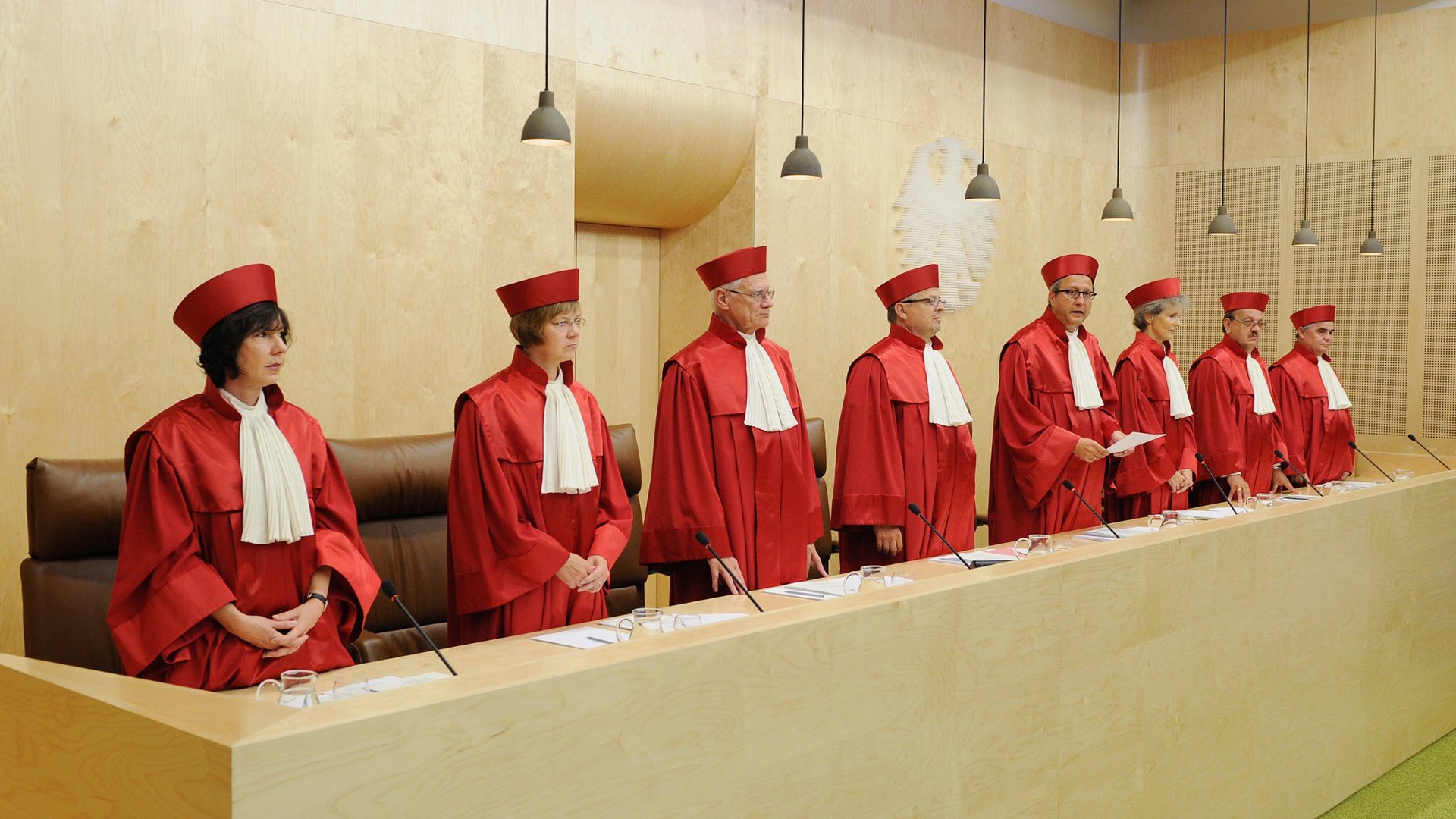The euro may be safe for now—but Europe can’t keep relying on the ECB to do its dirty work
The European Central Bank’s independence from political influence was major dogma for the Germans, who pushed for it when the Maastricht Treaty was drafted in 1992. They never imagined that such independence meant the ECB could one day indulge in such unorthodox practices: the use of the Outright Monetary Program (OMT) to trigger unlimited purchases of bonds from distressed countries in the euro zone.


The European Central Bank’s independence from political influence was major dogma for the Germans, who pushed for it when the Maastricht Treaty was drafted in 1992. They never imagined that such independence meant the ECB could one day indulge in such unorthodox practices: the use of the Outright Monetary Program (OMT) to trigger unlimited purchases of bonds from distressed countries in the euro zone.
Now, 35,000 German citizens have brought a complaint to the Federal Constitutional Court (FCC) of Germany questioning the compatibility of these actions in light of their constitution. Specifically, there’s a clause in Germany’s constitution that determines under which conditions the country can “hand over” sovereignty to international and supranational organizations. Germany, however, never agreed to hand over fiscal policy to the ECB and the Bundesbank believes that—in case of a default—the ECB would de facto operate fiscal transfers.
A decision is expected to come sometime in late September or early October, right after the federal elections. Timing is crucial: since the FCC is a very “political court” (its judges are appointed by political parties), it is unlikely to take a position before the new government is in place. Both Merkel and Steinbrueck—the two main candidates to the chancellery—are moderately pro-euro zone and the German government has spoken in favor of the constitutionality of the OMT in the court hearing.
However, crucial questions on the future of the euro zone will remain unsolved. Although the outcome of the judgment is likely to be positive for the common currency, there is the chance that the FCC will put a limit on the bond purchase program. Yet, since the program makes sense precisely because it is unlimited—it is, de facto, a “declaration” to the markets that the ECB will defend the euro no matter what—even the slightest conditionality to it would cause the resurfacing of fears amongst investors. If the FCC decides that the OMT could only be compatible with the German constitution if a “limit” is set, this will put into serious question the intention of euro zone countries to introduce a solidarity mechanism that could finally dismiss the dangers of a member’s default.
The euro is likely to survive this round of scrutiny by the German Constitutional Court. A strong backing of the OMT by the German government—who sided with the ECB in court—coupled with the influence that politics has on the judges should guarantee a smooth outcome. But if euro zone members continue to rely on the central bank to do the “dirty work” and fail to come up with a project for a euro zone economic government, the contradiction between what is economically right and what is democratically acceptable will hinder the future of the common currency.